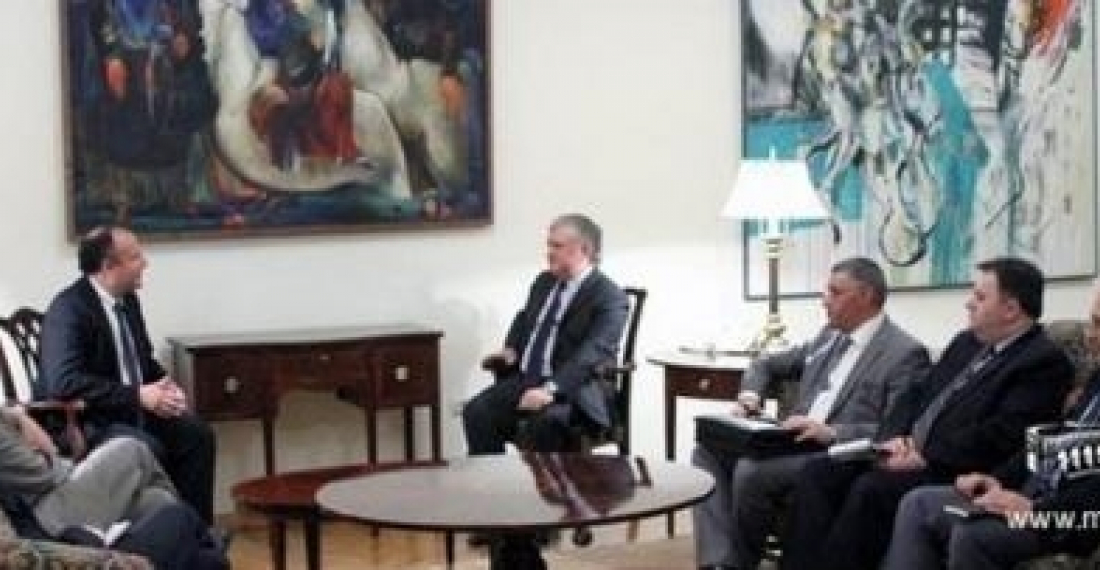Senior diplomats of Russia and the United States have reiterated the importance of resuming the negotiations to resolve the Nagorno-Karabakh conflict.
The US Deputy Assistant Secretary of State for European and Eurasian Affairs, Eric Rubin, who is currently visiting Armenia, on Wednesday met with the Armenian Foreign Minister Edward Nalbandian. The two sides exchanged views on the current state of the peace negotiations. Rubin on Thursday also particiapted in the 21st meeting of the US-Armenia Joint Economic Taskforce (USATF), which is meeting in the Armenian Capital, Yerevan. Reuben told journalists that it was important to continue the peace negotiations, and that this was one of the issues on his agenda during meetings in Armenia.
In the meantime a senior official of the Russian Foreign Ministry, Alexander Lukashevich asked about reports that the Foreign Ministers of Armenian and Azerbaijan will meet shortly in France said that the three co-Chair countries of the OSCE Minsk Process (France, Russia and the United States), "are equally showing initiative in the process of settlement of Nagorno Karabakh conflict. The meeting between Azerbaijani and Armenian Foreign Ministers has been agreed with the OSCE Minsk Group co-chairs. The initiative to hold the meeting in France may have been put forward by them. The continuation of the negotiations is the result of the joint activity of the co-chairing countries," he said.
Alexander Lukashevich said the meeting of Azerbaijani and Armenian foreign ministers will be held at the end of this month. "The place of the meeting has not been determined yet. Depending on the results of this meeting, OSCE Minsk Group co-chairs will visit the region. Moscow supports dialogue between Azerbaijan and Armenia towards the resolution of Nagorno Karabakh conflict. It is important that the sides continue the process of negotiations", he said.
Commonspace.eu political editor said in a comment that there is concern that every day that passes the momentum of the Minsk Process gets more difficult to renew and the diplomats facilitating the process are keen to get the sides round the table, even if not yet down to serious negotiations.
source: commonspace.eu.
Photo: Armenian Foreign Minister Nalbandian with US Assistant Deputy Secretary of State Eric Rubin in Yerevan on 17 October 2012 (picture courtesy of the Armenian Ministry of Foreign Affairs).







